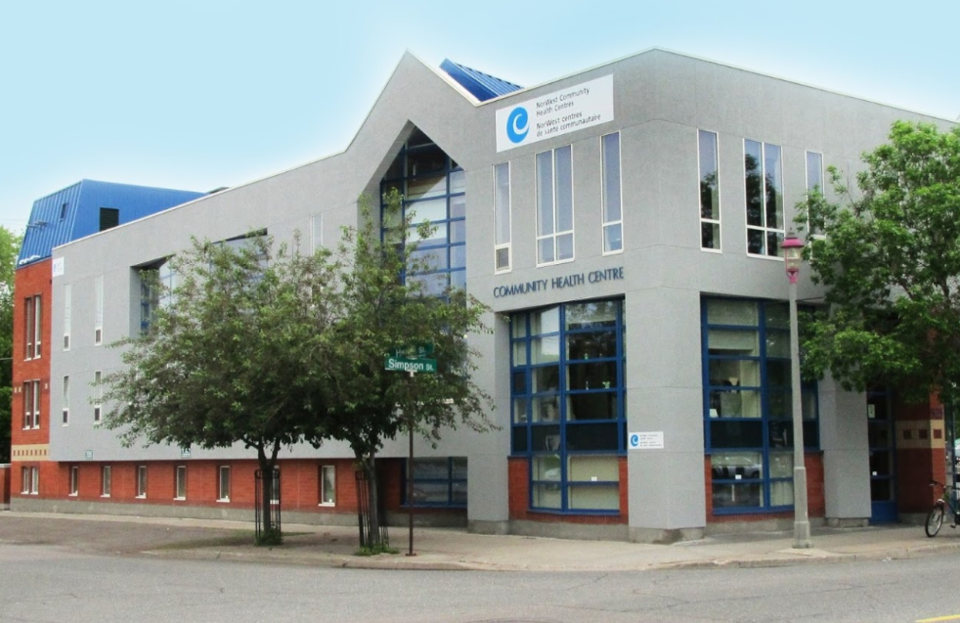THUNDER BAY – Thunder Bay is set to join a limited group of communities in Canada offering a safe supply program for opioids, a solution harm reduction advocates have long called for in the battle to save lives from drug overdose.
The Thunder Bay Safer Supply Program, which involves prescribing pharmaceutical opioid alternatives and help patients recover from addiction, will be operated by NorWest Community Health Centres as a 15-month pilot.
In recent months, the agency posted for positions related to the program including a physician, nurse practitioner, registered nurse, two harm reduction support workers, an Indigenous systems navigator, and a medical secretary.
The program will provide prescriptions for daily-dispensed, take-home oral hydromorphone for eligible clients.
Participants will also have access to a range of health and other supports and “wrap-around services” including housing, food security, and finances, NorWest emphasized in a release.
“Providing our community an alternative to the toxic unregulated drug supply will keep individuals alive, improve their quality of life and provide needed health and social services,” said CEO Juanita Lawson.
In a release, NorWest added that the program “addresses the discrimination and stigma people who use substances face everyday.”
Local advocates say the program is badly needed in a city that’s quietly become one of Canada’s opioid overdose hot spots.
The first version of a prescribed opioid safe supply program was launched in B.C. in the summer of 2021, and the federal government has since funded a small but growing number of similar programs in communities across the country.
The NorWest program will be one of 73 to receive funding through Health Canada’s Substance Use and Addictions Program.
The federal government will support the program with $1.5 million in funding, according to a Health Canada database of funded projects.
“Today’s announcement is great news for our community,” said Cynthia Olsen, manager of community strategies with the City of Thunder Bay. “Launching a safer supply initiative is a critical component of our multi-faceted approach to addressing the overdose crisis.”
While far from a silver bullet in tackling the opioid crisis, Lakehead University lecturer Amanda Ruck said getting a safe supply program would be a “really big deal” for the city.
“To reduce the harms associated with substance use and reduce the opioid crisis, we do need a comprehensive approach,” she said. “But safe supply is really, really important in all of this.”
There’s emerging evidence safe supply programs help save lives from overdose by offering an alternative to an increasingly toxic supply on the black market, said Ruck, who teaches in the School of Nursing and is completing a PhD focused on harm reduction and substance use.
Perhaps just as importantly, the programs can also open doors to other support services and treatments by connecting users regularly with health care providers, she said.
“It provides an opportunity to engage with an otherwise hard-to-reach population. It’s about health care providers developing trusting relationships with folks, and being able to connect them to services.”
With one of the worst rates of opioid-related deaths in Canada, the Thunder Bay district is a prime candidate for a safe supply program, she said.
“We need something right now, and this will help,” she said. “What we’ve seen in the past few years in our community is a change to our drug supply – it’s become a lot more toxic. This is a big part of the reason why we see such increases in opioid-related overdose and deaths in our area.”
Ruck said evidence on the efficacy of safe supply is still emerging, but the early data is promising.
“Because safe supply is relatively newer [and] it’s just been approved, there’s less evidence, so the research is still developing,” she said. “But I have seen early research showing reduced overdose rates, increased connections to primary and acute care.”
Tina Bobinski, director of mental health and addiction services with Dilico Anishinabek Family Care, said the safer supply program has the potential to make a positive impact in clients’ lives.
“Utilization of Safe Supply Programs have many other benefits to both the program client and the community in which it is situated,” she said in a statement. “There is an opportunity to access wrap-around services including addictions treatment, primary health care and other support services that can help the individual improve their overall wellness.”
